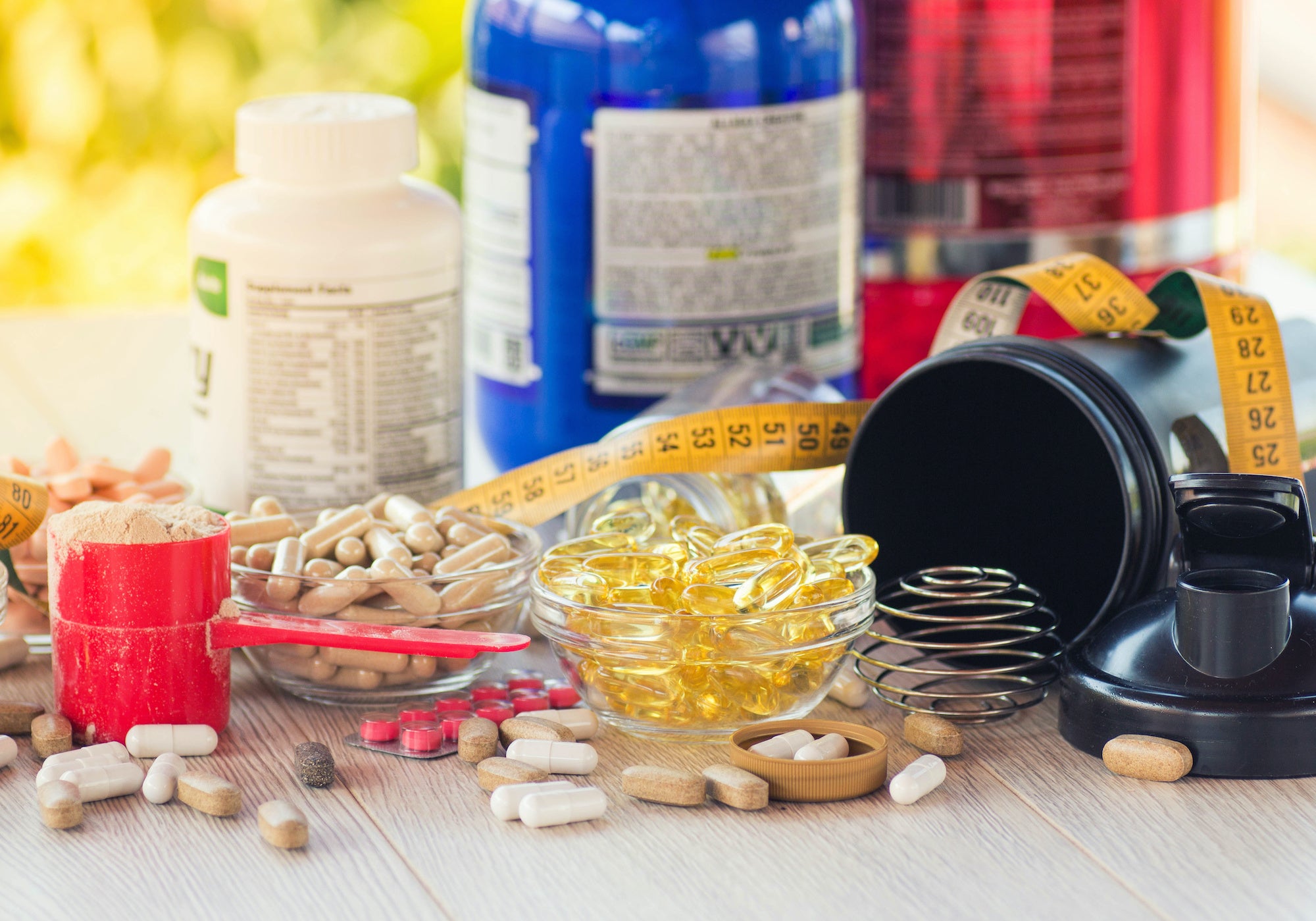
What Causes Cystic Acne?
Dealing with a lone pimple can be a nuisance, but navigating the world of cystic acne brings a whole new set of challenges. Cystic acne is a severe form of acne that occurs when oil and dead skin cells clog hair follicles, leading to the formation of deep, painful cysts. It presents itself as a painful lump beneath the skin. This lump is essentially a cyst - a small pocket within your skin filled with pus or other fluids. In contrast to regular acne that comes to a head, cystic acne prefers to remain concealed beneath the skin's surface, causing discomfort persistently for days or even weeks.
Several factors can contribute to the development of cystic acne
- Excess Oil Production: Overproduction of sebum by the sebaceous glands can contribute to the blockage of hair follicles. This excess oil can mix with dead skin cells and create an environment conducive to bacterial growth.
- Bacterial Infection: The bacterium Propionibacterium acnes, which normally resides on the skin, can multiply in clogged hair follicles and contribute to inflammation and the formation of cysts.
- Inflammation: Inflammation is a key component of acne, and in the case of cystic acne, the inflammation is deeper within the skin. Inflammatory responses can lead to the redness, swelling, and pain associated with cystic lesions.
- Hormonal Changes: Fluctuations in hormones, particularly an increase in androgens (male hormones), can stimulate the sebaceous glands to produce more oil. Hormonal changes often play a significant role in the development of cystic acne, which is why it is common during puberty, menstruation, pregnancy, and conditions like polycystic ovary syndrome (PCOS).
- Adolescence: Hormonal changes, especially during puberty, are one of the main factors behind cystic acne.
- Adulthood: Women may also develop cystic acne in response to pregnancy, birth control, hormone therapy, or the menstrual cycle. These hormonal changes can cause cystic acne even in people with generally clear skin.
- Genetics: A family history of acne can increase the likelihood of developing cystic acne. There may be a genetic predisposition to certain patterns of acne development and severity.
- Diet: While the relationship between diet and acne is complex and varies among individuals, some studies suggest that certain dietary factors, such as a high glycemic index diet or dairy consumption, may influence acne development in some people.
- Stress: While stress alone may not directly cause cystic acne, it can exacerbate existing acne or trigger hormonal changes that contribute to acne development.
It's important to note that the exact causes of cystic acne can vary from person to person, and a combination of factors is often involved. Treatment usually involves a multifaceted approach, including lifestyle modifications. Cystic acne can be painful, embarrassing, and destructive to your self-esteem. But
YOUR WORTH IS NOT DEFINED BY YOUR SKIN!






